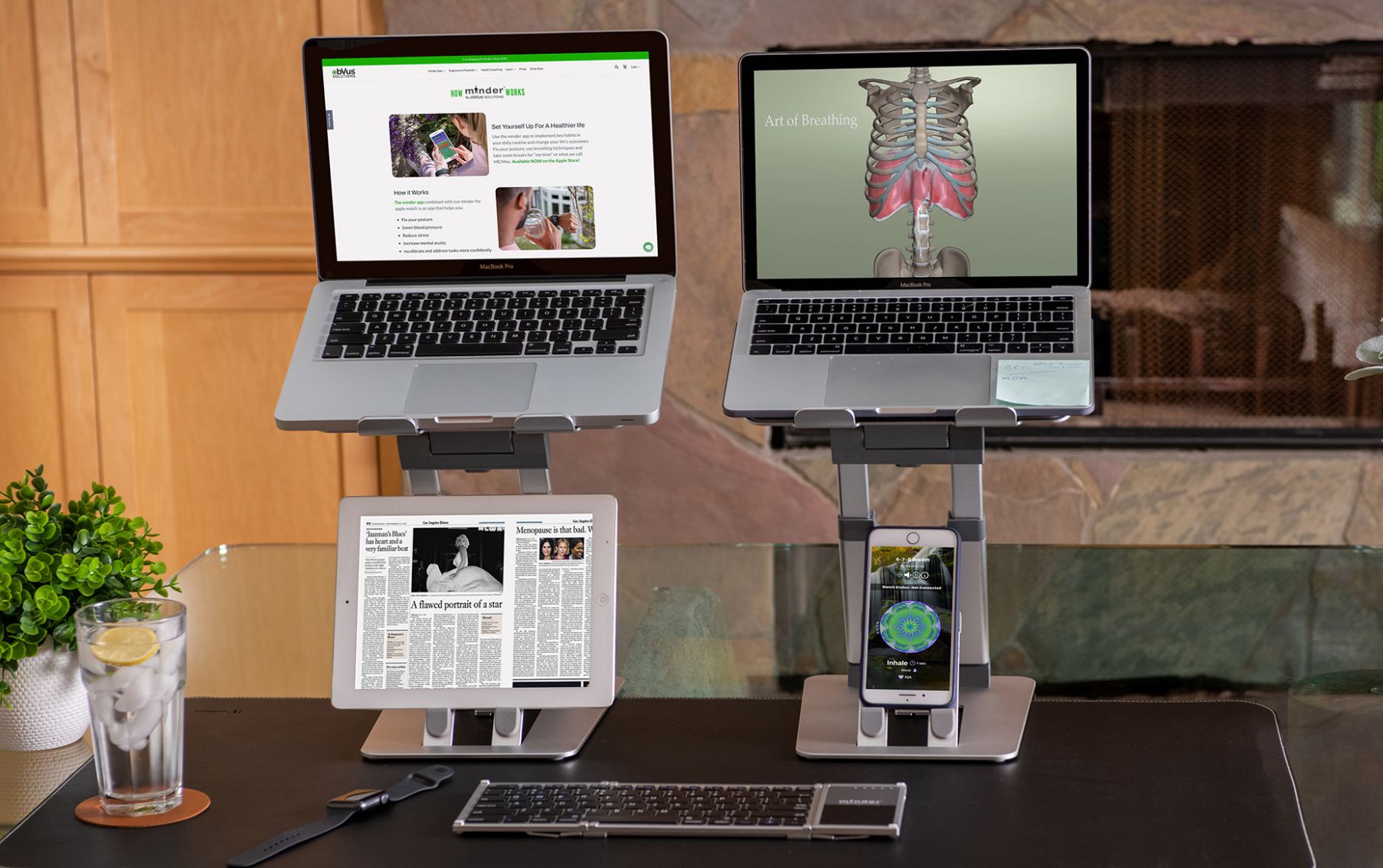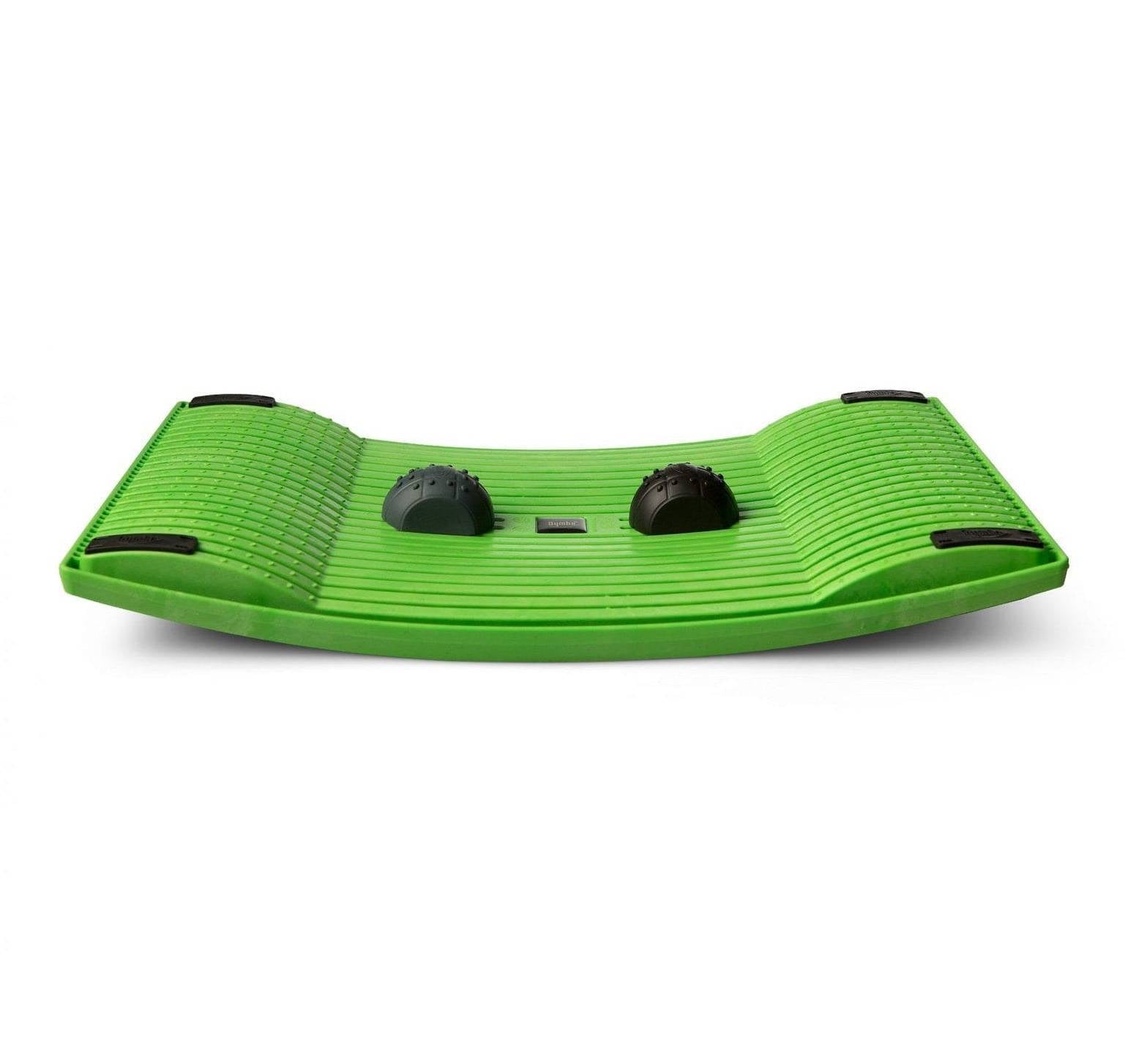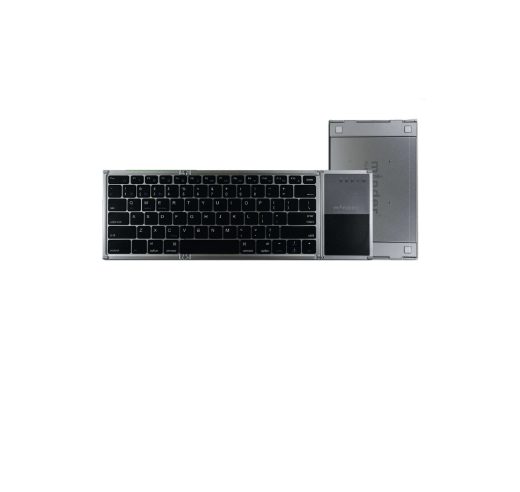April 18, 2022
Plant-Based Diet
The Plant-Based Diet: Here's the Scoop
By: Lauren O'Brien Mbae MBA NBC-HWC
The dairy aisle seems to get bigger each week. Oat, Almond, Cashew, Coconut…apparently milk can be made from anything! Demand for plant-based products is increasing and the technology is improving, meaning scientists are creating products that taste more and more like their animal-product counterparts. And not only is it tasting better and better, but research is also showing there are a variety of health benefits to adopting a plant-based diet, even if only partially altering a diet. Sounds great, right? Well, it’s not QUITE that simple. The plant-based industry still has some work to do, but it doesn’t look like it’s going anywhere anytime soon.
But first, what is plant-based?
Despite its name, plant-based doesn’t mean foraging in the backyard garden. The National Library of Medicine describes a plant-based diet as a diet that consists of all minimally processed fruits, vegetables, whole grains, legumes, nuts and seeds, herbs, and spices and excludes all animal products, including red meat, poultry, fish, eggs, and dairy products.
That sounds pretty healthy…and, like veganism? There’s actually a difference. Despite the strict definition above, many consider plant-based to be a little more “forgiving” than veganism and will allow the occasional animal-product into their diet.
Plant-Based By The Numbers:
- In 2021, sales of plant-based foods/drinks intended to substitute for animal products reached $7 billion, up 27% from 2019.1
- SPINS reports that the total plant-based market is growing 29% year over year, nearly two times that of the overall food and beverage market.
- Per Vegan News the number of Americans following plant-based diets has surged 300% in the last 15 years.2
Introducing…the Flexitarian
This is the growing population who are dabbling in the plant-based lifestyle. Gone are the days where soy milk automatically categorizes a consumer into one of two buckets: vegan or lactose-intolerant. The benefits of the plant-based diet are leading many to adjust their diets…but maybe not running full steam into vegetarianism or veganism. Some are choosing to make small swaps in their diet (ex. Meatless Mondays); changing to a mostly plant-based diet, but maybe not completely eliminating animal products – flexible vegetarians…or flexitarians.3
Plant-Based: It Does The Body Good
The top reasons people give for switching to a plant-based diet are to improve their overall health, weight management, a desire to eat “clean,” and to eat more sustainably.4
Research shows that going plant-based is pretty good for the body and can help prevent certain diseases and even mortality in some cases.
Cardiovascular Health
The ARIC (Atherosclerosis Risk in Communities) conducted a study evaluating the effect of a plant-based diet on cardiovascular health in middle-aged adults from 1987 to 2016. With 4 different variations in the plant-based diet (ex. Some were allowed moderate amounts of animal products), the study concluded that diets higher in plant-based foods and lower in animal foods were associated with a lower risk of cardiovascular morbidity and mortality in a general population.5 The finding clearly showed a correlation between heart health and diet, but it is also interesting to note that the findings didn’t show a need to completely exclude animal products from one’s diet, but to adjust the proportion of plant foods to animal foods. The study also showed a lower risk in morbidity and mortality, but not prevention of the disease.
Diabetes
Plant-based diets have shown to prevent, manage, and even reverse type 2 diabetes, by lowering body weight, improving insulin function, and increasing the body’s ability to regulate blood sugar.6
Cancer
Reducing the amount of animal products in one’s diet and switching to a mostly plant-based diet has shown to reduce some types of cancer.7
Brain Health
Certain types of fats (like saturated and trans-fat) found in dairy and meat products have been shown to increase the risk of Alzheimer’s disease and other brain disorders. There is ongoing research around this, but a plant-based diet, often rich in antioxidants, folate, and vitamin E, avoids dairy and meat products, therefore possibly offering a protective effect.8
Weight Management
Various studies have found that those following a plant-based diet have lower body weight than those following a non-plant-based diet. This is attributed to the lowered calorie consumption due to plant-based diets having higher fiber content, greater food volume, and lower energy. However, researchers also found that this can be due to plant-based foods being less palatable, with less food reward than standard Western Diets.9
The Skeptical Crowd
As noted above, research shows compelling health benefits. However, many consumers still aren’t convinced; with the main concern being the level of processing required to produce many of the animal-product alternatives. Companies are realizing that if they want these flexitarians to make the jump, they will need to produce less processed, lower fat, lower sodium options. The plant-based alternatives need to truly be healthier than the animal product option.10 That means, at least for now, there are many who aren’t buying into the hype.
Now, to the elephant in the room – the taste test. It may be close, but it just doesn’t taste the same...yet. Scientists are working hard to perfect the texture, taste, and smell. Food corporations know this is the BIGGEST barrier for consumers, and that many meat eaters will be unwilling to completely change their eating habits until that plant-based hamburger tastes like the quarter pounder they grew up eating. But the scientists are getting close to creating products that taste exactly like the real deal.
So, is the plant-based diet here to stay or just another fad? Based on the research and consumer purchasing, it doesn’t appear to be going anywhere anytime soon. And studies have shown that cutting out at least some animal products from one’s diet will have an overall positive impact on their health. Scientists still have some work to do to get the meat lovers to take the leap, but many consumers are adjusting their diets and opting for plant-based alternatives. One thing is clear – change is happening in the food world. We’ll just have to wait and see where the change takes us.
- Sources
- 1 "Plant-Based Vs. Vegan: What Is The Difference?". Medicalnewstoday.Com, 2022, https://www.medicalnewstoday.com/articles/plant-based-vs-vegan#key-differences.
- 2 "2021 Trend Insight: The Opportunity In Plant-Based - FONA International". FONA International | Flavor First, 2022, https://www.fona.com/0421plantbased/.
- 3 "What Is The Flexitarian Diet?". Cleveland Clinic, 2022, https://health.clevelandclinic.org/what-is-the-flexitarian-diet/.
- 4 Goodfoodscorecard.Org, 2022, http://goodfoodscorecard.org/wp-content/uploads/2018/01/COR-RSC-Why-Shift-PB-2018-01-30.pdf.
- 5 "Plant‐Based Diets Are Associated With A Lower Risk Of Incident Cardiovascular Disease, Cardiovascular Disease Mortality, And All‐Cause Mortality In A General Population Of Middle‐Aged Adults". Journal Of The American Heart Association, 2022, https://www.ahajournals.org/doi/10.1161/JAHA.119.012865
- 6 "Plant-Based Diets". Physicians Committee For Responsible Medicine, 2022, https://www.pcrm.org/good-nutrition/plant-based-diets#:~:text=Those%20who%20eat%20a%20plant,expensive%20that%20an%20omnivorous%20diet.
- 7 ibd
- 8 ibd
- 9 Dieter, Brad. "Plant-Based Diets For Weight Loss (Are They More Effective?)". Blog.Nasm.Org, 2022, https://blog.nasm.org/plant-based-diets-weight-loss#:~:text=Lower%20calorie%20intake%20is%20attributed,reward%20than%20standard%20Western%20Diets.
- 10 Kateman, Brian. "11 Plant-Based And Alternative Protein Trends To Watch For In 2022". Forbes, 2022, https://www.forbes.com/sites/briankateman/2021/11/30/11-plant-based-and-alternative-protein-trends-to-watch-for-in-2022/?sh=3c27bebec4a4.
Write or copy/paste Liquid code
Emp
Begin the journey to improving your posture, breathing, and overall wellness with the help of obVus. Our expertly designed live well and work well products are made to fit into your life with minimal effort needed.

Ergonomic Accessories

minder
App

Blog
Learn more
about wellness
and mindful living







